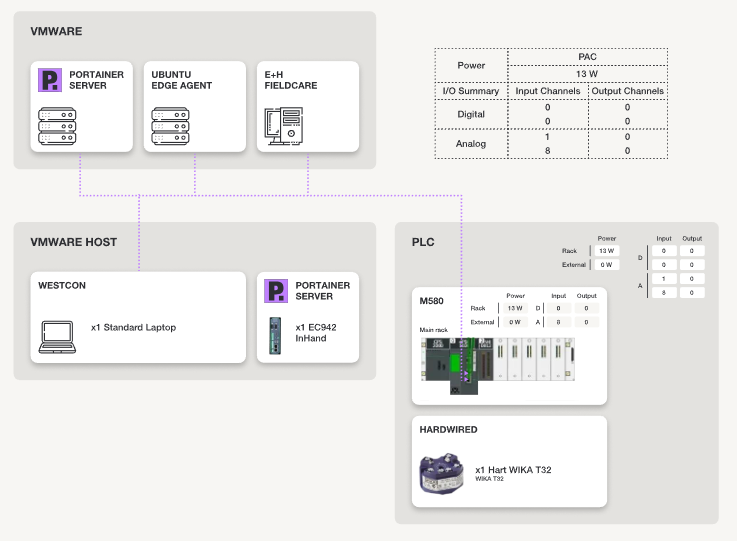In the fast-paced realm of software development and IT operations, containerization stands out as a pillar of innovation. It enhances enterprise agility, scalability, and resilience, leading toward more efficient and robust systems. With predictions from Gartner indicating that 80% of all Independent Software Vendors will distribute their commercial software as containers by 2029 and 35% of all enterprise applications will run in containers, the adoption trend is clear. However, organizations must evaluate their containerization operational maturity to navigate this transformative journey successfully. Introducing a comprehensive framework designed to assess and enhance operational maturity, we aim to guide organizations through the nuances of effectively leveraging containers.
Understanding Operational Maturity in Containerization
Operational maturity in containerization is a multi-faceted concept, encompassing personal, organizational, application, and technology readiness. This holistic approach ensures the technical alignment of tools and platforms and the preparedness of teams and processes to support a containerized environment effectively.
Personal Readiness
The team's competence in critical areas such as Kubernetes, Docker, and Linux is at the core of personal readiness. From essential to advanced knowledge, understanding container orchestration, architecture, and underlying infrastructure is paramount. This encompasses everything from Kubernetes constructs and CLI commands to networking concepts and data storage methodologies.
Organizational Readiness
Organizational structure plays a pivotal role in supporting containerized platforms. Whether embracing a Site Reliability Engineering (SRE) approach, transitioning to platform engineering, or adopting DevOps practices, the goal is to align team structures with the desired maturity levels. This ensures a supportive environment for containerization, characterized by proactive monitoring, central policy management, and a self-service platform for developers.
Application Readiness
The suitability of applications for containerization is another critical aspect. From container-native 12-factor applications to traditional installable software, assessing application readiness involves evaluating applications' architecture, scalability, and statefulness to determine their compatibility with container environments.
Technology Readiness
Lastly, technology readiness assesses the deployment of containers and tooling against the Container Management Platform standard. This ranges from advanced container service platforms featuring service mesh and geo-distributed applications to basic container experimentation. The goal is to identify the current state of technology deployment and pinpoint areas for advancement.
The Value of Assessing Operational Maturity
"Why is it important to assess operational maturity? The advantages are numerous." Running the framework/tool against an organization's current practices sheds light on the readiness level across personal, organizational, application, and technology dimensions. It highlights gaps, provides insights, and ensures readiness before adopting containers, guiding organizations toward successful container adoption with reduced risk and optimized resources. Success stories from clients who have leveraged this assessment underscore its value in making informed decisions and aligning containerization strategies with business objectives.
Guiding Organizations Towards Success
Our commitment extends beyond providing a framework for assessment. We offer detailed guidance through the maturity assessment process, ensuring organizations can effectively evaluate their readiness and identify actionable steps toward improvement. By engaging early and validating your strategy, you can leverage containers to their fullest potential, aligning your IT practices with your business goals for maximum impact.
Conclusion
Containerization represents a significant shift in how businesses deploy and manage applications, offering unparalleled agility, scalability, and efficiency benefits. By assessing and improving operational maturity, organizations can ensure they are well-equipped to leverage the full potential of containers. We encourage you to actively evaluate your operational maturity, using our framework as a guide to ensure success in your containerization efforts.
Get the Containerization Operational Readiness Framework now.





